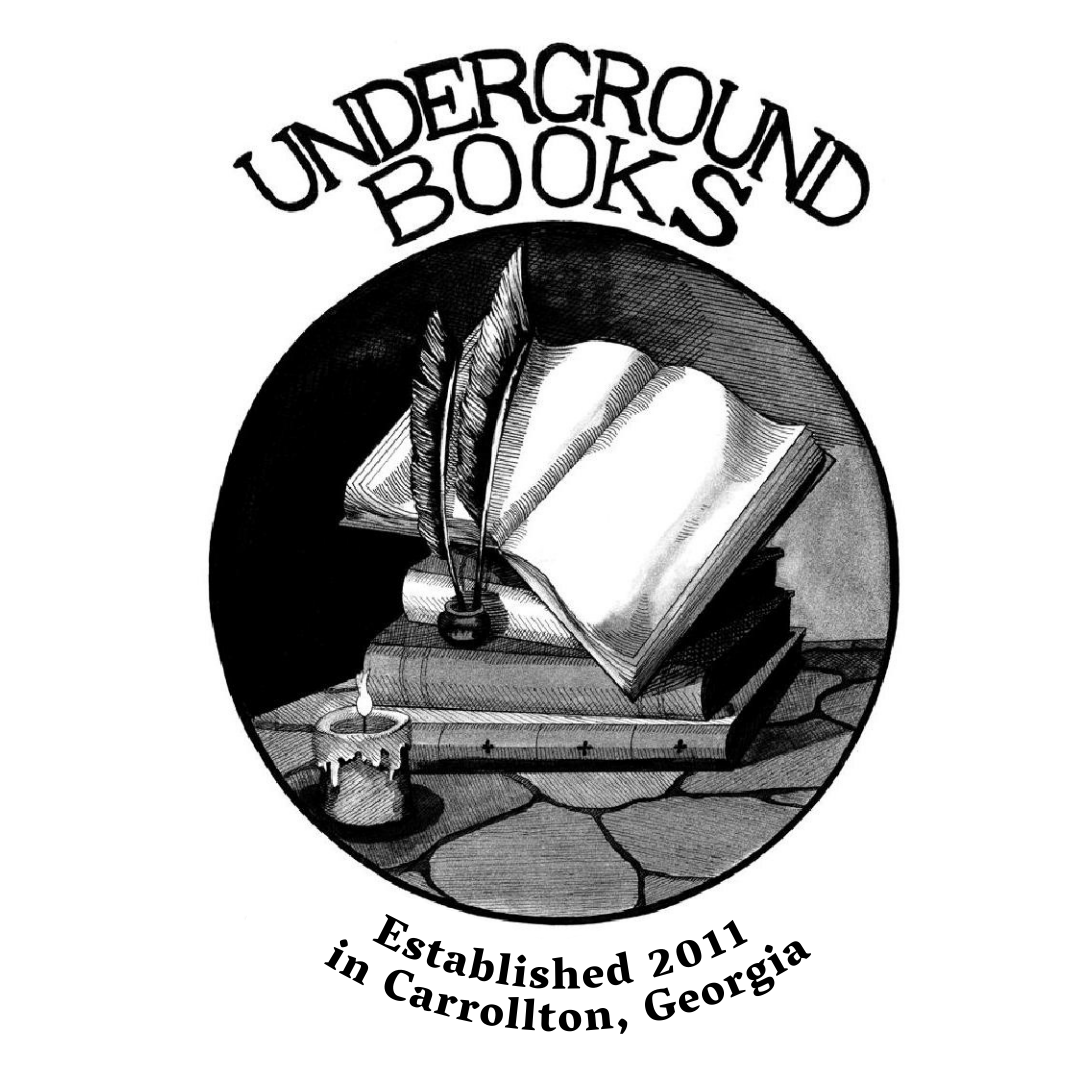Hardcover
2006 · London
by de Montaigne, Michel; Florio, John (Trans.); Swift, Graham (Intro.)
London: The Folio Society, 2006. Hardcover. Very good. Hardcover. LACKS SLIPCASE. 9 1/2" X 6 1/2". xiv, 356pp.; vi, 519pp.; 377pp. Volumes are bound in marbled paper over boards with spines backed in blue cloth and stamped in decorative gilt. Very gentle rubbing to corners of boards. Pages are clean and unmarked. Bindings are square and sound. This set lacks the Folio Society issued slipcase.
ABOUT THIS SET:
Michel de Montaigne was one of the most influential figures of the Renaissance, singlehandedly responsible for popularising the essay as a literary form. In 1572 Montaigne retired to his estates in order to devote himself to leisure, reading and reflection. There he wrote his constantly expanding 'assays', inspired by the ideas he found in books contained in his library and from his own experience. He discusses subjects as diverse as war-horses and cannibals, poetry and politics, sex and religion, love and friendship, ecstasy and experience. But, above all, Montaigne studied himself as a way of drawing out his own inner nature and that of men and women in general. The Essays are among the most idiosyncratic and personal works in all literature and provide an engaging insight into a wise Renaissance mind, continuing to give pleasure and enlightenment to modern readers.(Publisher). (Inventory #: 15836)
ABOUT THIS SET:
Michel de Montaigne was one of the most influential figures of the Renaissance, singlehandedly responsible for popularising the essay as a literary form. In 1572 Montaigne retired to his estates in order to devote himself to leisure, reading and reflection. There he wrote his constantly expanding 'assays', inspired by the ideas he found in books contained in his library and from his own experience. He discusses subjects as diverse as war-horses and cannibals, poetry and politics, sex and religion, love and friendship, ecstasy and experience. But, above all, Montaigne studied himself as a way of drawing out his own inner nature and that of men and women in general. The Essays are among the most idiosyncratic and personal works in all literature and provide an engaging insight into a wise Renaissance mind, continuing to give pleasure and enlightenment to modern readers.(Publisher). (Inventory #: 15836)









